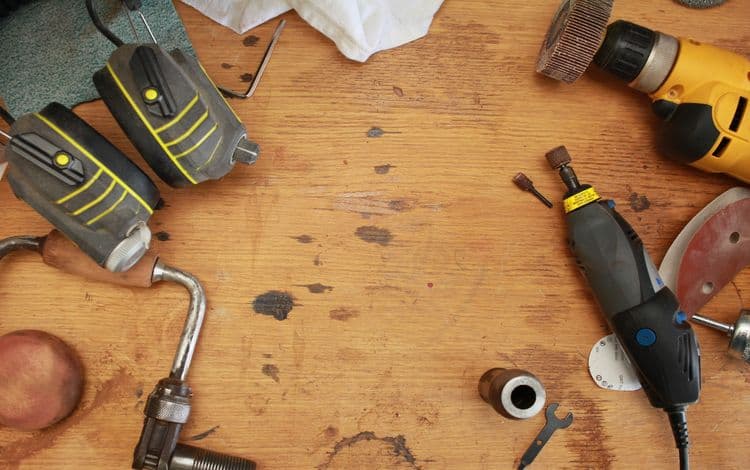For some small business owners, equipment represents an integral part of their company. As such, maintaining, replacing, and upgrading that equipment becomes extremely important to keep things running smoothly. However, the reality of the situation is that replacing and even repairing equipment, depending on the nature of the industry, can be quite expensive. And not every company has the funds on hand to buy a brand-new piece of equipment when needed. Doing so could put a strain on your resources and thus leave the business in the undesirable position of having to struggle just to stay afloat.
This is where equipment financing comes into play. Getting a commercial loan to replace or upgrade equipment could be the ideal solution for those who may not otherwise have the funds available. We wanted to provide a brief overview of what is involved with an equipment loan so that you are better prepared should you need to apply for one.
Equipment Financing: The Basics
As noted, equipment financing is a loan that businesses can use to purchase pieces of equipment they need for their daily operations. This could be something substantial such as a bulldozer for a construction company’s use; it could be a new oven for a restaurant; it may even be copying and scanning equipment for an office. Generally, an equipment loan will be structured so that you pay it back based upon a regular repayment schedule over a set period.
With equipment financing, you usually do not need to provide collateral, as the piece of equipment purchased serves as said collateral. To this end, the lender will have the right to take back the equipment should you default on the loan for any reason. After you pay off the equipment loan in full, you will then own the item purchased free and clear. In some cases, the lender could lien other assets belonging to the business. While this is not usually the case, it does occasionally happen, again depending on circumstances. You want to thoroughly review all terms associated with your loan so that you know precisely what type of an agreement you are entering.
Leasing vs. Financing
There is also the option of equipment leasing. Different from financing, leasing equipment will also involve a periodic payment, however, the equipment is only being rented. In some instances, you may come to an agreement in which at the end of the lease term you can either opt to renew that lease or buy the piece of equipment. But in the absence of such an arrangement, the equipment will be returned to the owner at the end of the lease. If you do opt to go the leasing route, you might discover that the terms involved are a bit less rigid than they are when it comes to equipment financing. But do keep in mind, that it does amount to a cycle of payments in which you usually don’t own anything when all is said and done.
Understanding Rates and Terms
The rates and terms will vary; these factors are dependent upon several things: your qualifications, market conditions as well as the lender’s policies. For example, when it comes to loan to value ratio, some lenders will give you up to 100%, whereas others may only approve you for 80% in which case the remainder is on you. Interest rates can range; generally speaking, in equipment financing, you will usually see them fall between 4% and 15%–but it could be higher, again depending on your application. As far as the amount of time for repayment, equipment loans can be shorter-term and then again there are some as long as ten years.
How Do You Qualify for an Equipment Loan?
Every lender is different just as every borrower is different. Some will pay close attention to credit score, whereas others will give greater weight to other elements of your application packet. It’s therefore important to research lenders, talk to more than one and get a sense of where they stand when it comes to their equipment loan criteria.
FICO score is generally a factor that lenders consider when evaluating your application. Knowing what that score is before applying is important. It’s also important to request a copy of your credit report; this way if there are inaccuracies or errors, you can take care of those before applying for a commercial loan. The better your score, the better your overall chances of attaining the financing you seek.
